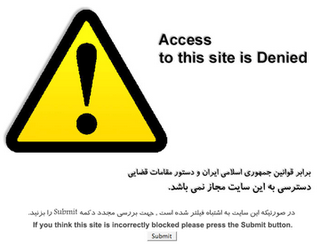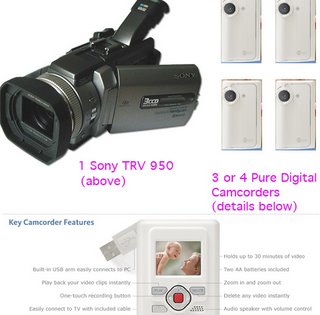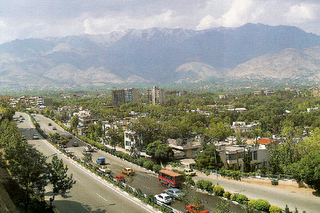Offerings for the souls of those who have passed

Kheiriyeh or Kheirat is something that is given for the soul of a loved one or someone who has passed on.
My mother recently gave Kheiriyeh, for the passing her much missed father.
Here is a video of my mother passing out some of her delicious rice pudding. As people get the offering, they usually say "Roohesh shad" or "May their soul be joyous", and then they pray for their soul by reciting the fateh, which is the following prayer:
This is recited once:
All praise is due to God, the Lord of the Worlds.
The Beneficent, the Merciful.
Master of the Day of Judgment.
Thee do we serve and Thee do we beseech for help.
Keep us on the right path.
The path of those upon whom Thou hast bestowed favors. Not (the path) of those upon whom Thy wrath is brought down, nor of those who go astray.
Immediately followed by this verse which is repeated three times:
Say: He, God, is One.
God is He on Whom all depend.
He begets not, nor is He begotten.
And none is like Him.









